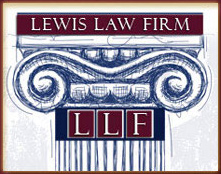Sources: Nature Medicine Published online
According to the authors of the study, approximately 100,000 individuals in the United States currently await kidney transplantation, and 400,000 individuals live with end-stage kidney disease requiring hemodialysis. It is hoped that the creation of a transplantable graft to permanently replace kidney function would address donor organ shortage and the morbidity associated with immunosuppression. The difficulties of course are that a bioengineered graft must have the kidney’s architecture and function and permit perfusion, filtration, secretion, absorption and drainage of urine -just like the owner’s original kidney would.
The kidney, actually succeded in producing urine, albeit at a rate 23% of natural ones. And while the organ’s effectiveness decreased to 5% when transplanted into another rat, it functioned. According to lead researcher, Dr Harald Ott, “If you’re on haemodialysis then kidney function of 10% to 15% would already make you independent of haemodialysis. It’s not that we have to go all the way.”
Nearly 1 million patients in the United States live with end-stage renal disease (ESRD), with over 100,000 new diagnoses every year. Although hemodialysis has increased the survival of patients with ESRD, transplantation remains the only available curative treatment. About 18,000 kidney transplants are performed per year in the United States, yet approximately 100,000 Americans currently await a donor kidney. Waiting times for donors have increased to over 3 years and those dying while waiting have increased by 5–10%. Even if a donor is found, 20% of recipients will experience an episode of acute rejection within 5 years of transplantation, and approximately 40% of recipients will die or lose graft function within 10 years after transplantation. The creation of a bioengineered kidney could theoretically solve all of these these problems by providing an autologous graft on demand.
The Lewis Law Firm has a long history of representing patients and their families in Philadelphia and New Jersey. Contact the Lewis Law Firm for a FREE consultation and review of your case, today.
Posted by: Gayle R. Lewis, Esquire
